
Did I get you? Sorry about the clickbait title, I couldn’t resist. Because it is a weird trick!
Most people don’t know that you can add a plus sign and…

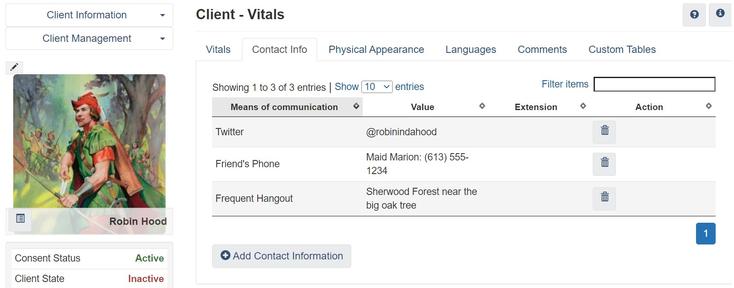
Have you ever had a client that didn't have a cell phone number and couldn't reliably access the internet to check their email?
...
That was rhetori…
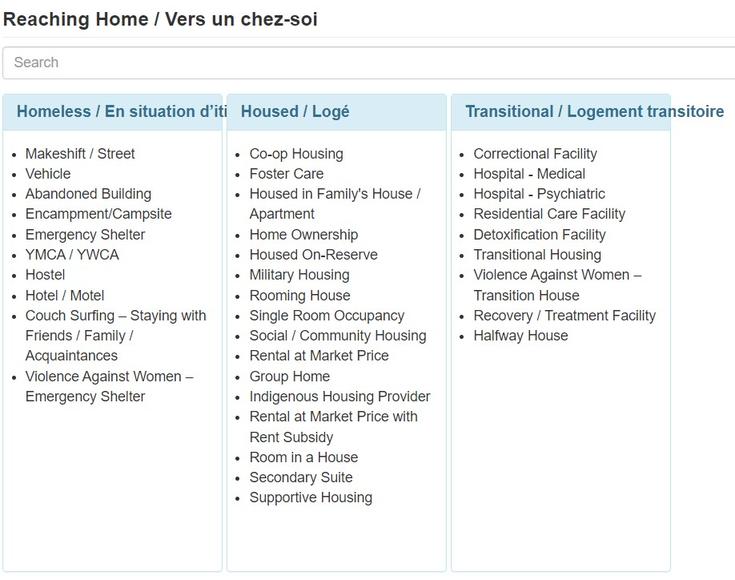
As of HIFIS version 4.0.59, there's a new feature that identifies the client's Housing Status.
The Housing Status is derived from a combination of bo…
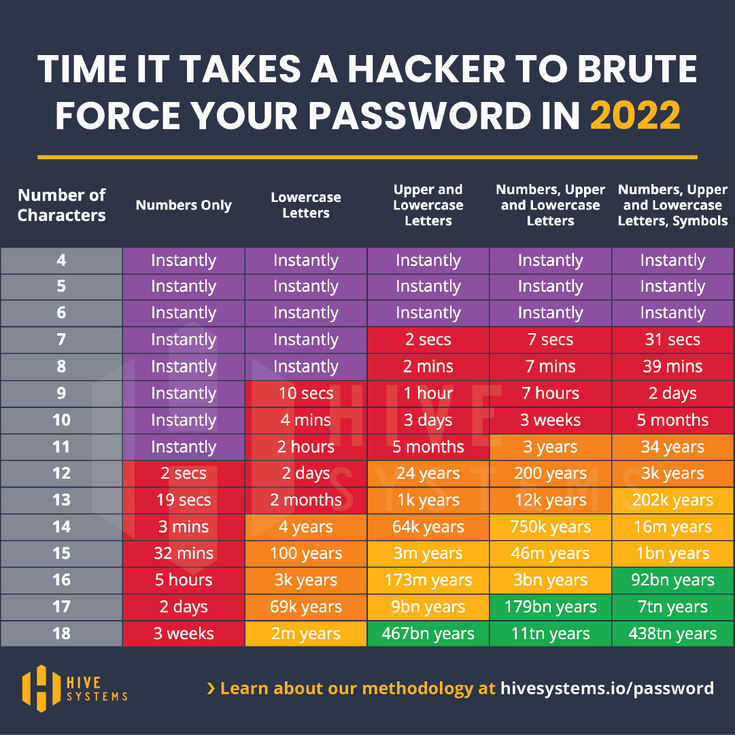
Several years ago, we wrote about a new feature (new in version 4.0.52!) that allowed for more secure passwords in HIFIS, with more options for custom…
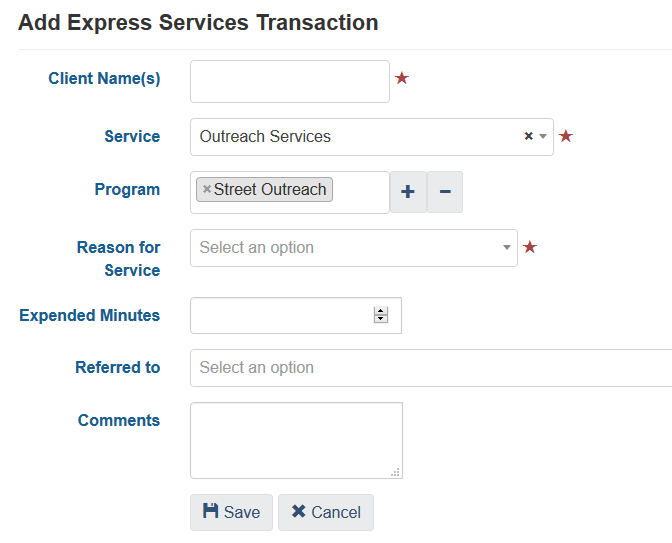
Street outreach involves moving ou…

HIFIS 4 has lots of great features, but one of the things that is missing is an out-of-the-box way for you to handle programs that sort of operate lik…
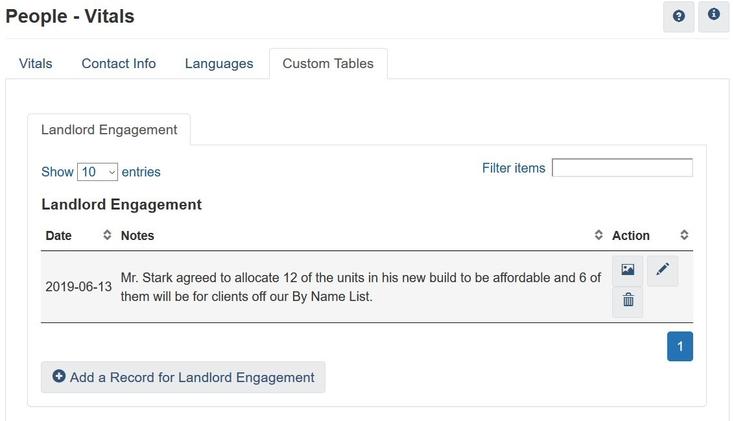
In HIFIS, every action typically needs to be attached to a Client. For example: you do a referral for a Client; you do a SPDAT with a Client; you make…
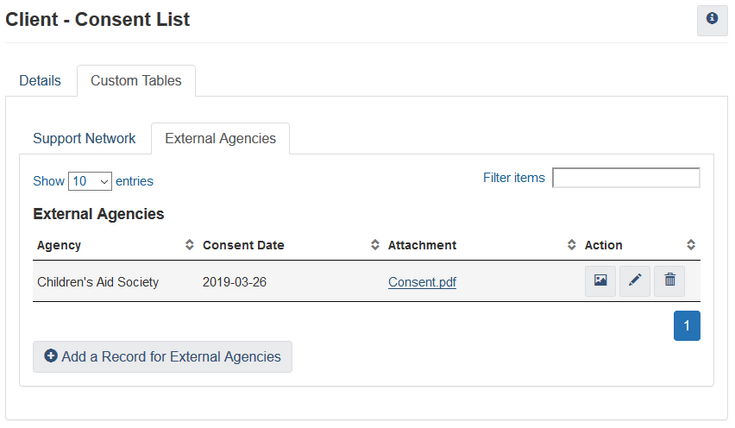
As mentioned in a previous article, there are some challenges in HIFIS 4 regarding the ability of users to keep track of who they're allowed to talk t…
